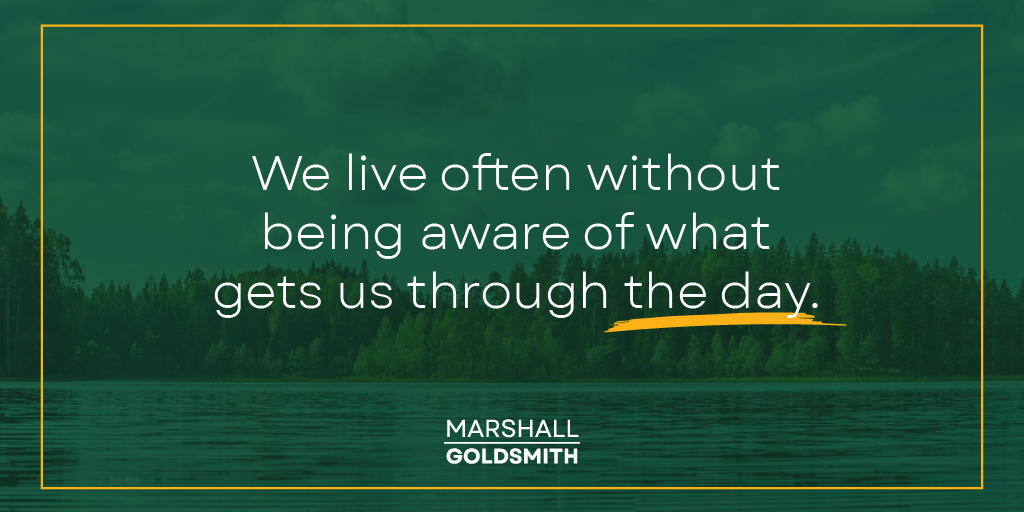Regret can be a motivator. Just ask Mariko Yugeta. The 63-year-old Japanese athlete has become the fastest woman in her age group ever to finish a marathon. Yugeta put her athletic goals aside for decades to raise children and pursue a full-time career. Three years ago, she became the first woman over 60 to run a marathon in under three hours. In January 2021, at age 62, she ran her fastest marathon ever, in 2:52:13 — meaning the world records she’s now breaking are the ones she set. Just a few weeks ago, Yugeta competed in the Boston Marathon.

Do we choose to be tortured or bewildered by it forever, or can we move on, knowing that regret is not finished with us, that we will surely live to regret again someday?
Lindsay Crouse, an opinion writer in The New York Times, writes that Yugeta has reclaimed the dreams she had once abandoned because she was “fueled by regret.” Yugeta doesn’t believe that regret is a negative emotion — but one that you can use to motivate you to achieve a goal.
In a blog adapted from his new book, The Earned Life, the renowned leadership coach Marshall Goldsmith writes, “Do we choose to be tortured or bewildered by it forever, or can we move on, knowing that regret is not finished with us, that we will surely live to regret again, some day?”
In The Earned Life, Goldsmith uncovers the source of today’s existential crisis, including regrets that stem from choices that irrevocably alter our lives, reroute destinies, and haunt our memories. These are particularly timely themes in our current divisive age.
With Goldsmith’s book as their guide, readers can close the gap between what they plan to achieve and what they actually get done—even in a world full of inescapable unfairness and curveballs—and live an earned life too fulfilling to dwell on “what ifs” and regrets.
You can read Marshall Goldsmith’s blog here.
If you’d like more information on Marshall Goldsmith, The Earned Life, and his work, please get in touch with Lyda Goldsmith.

